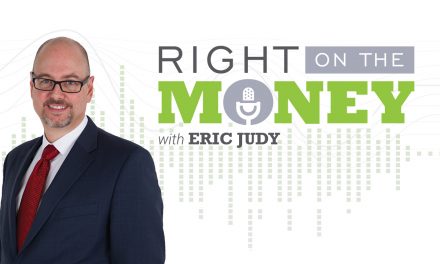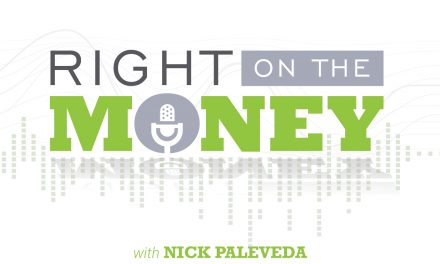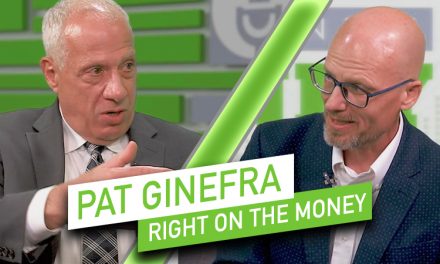Strong disciplines executed properly can deliver more bang for the buck.
Disciplined savers can shortchange themselves through asset misallocation. By re-directing their funds – and with an eye on their bigger financial picture – better outcomes can be achieved. Watch the interview with retirement specialist Amie Ortego.
Just as a bad mix of ingredients can undermine a chef’s best efforts, off-kilter investments can harm the good intentions of savers. By maintaining their discipline to save, and perhaps taking a slightly less conventional approach to traditional practices, savers may earn greater returns. Three examples for review are 401(k) contributions, home mortgages and rates of return in retirement.
Workers sometimes make retirement plan contributions that exceed their employer’s “free money” 401(k) match. While they can take pride in their rate of savings and shield additional pay from immediate taxation, there are disadvantages to this strategy. The overage portion of their contribution is inaccessible without penalty before age 59 ½, and taxes are only postponed, not eliminated. Conversely, the overage can be directed to another savings vehicle to create tax-free earnings and greater liquidity. So while the “save, save, save” discipline is admirable, a re-direction can produce a more beneficial result. The lesson? Meet, but be wary of exceeding the employer’s “free money” match.
A challenge to one of the most “old-school” financial beliefs involves deviating from the traditional “own your home fast” philosophy. Legacy has it to pay down the mortgage quickly, often by amortizing over 15 years instead of 30, or, by paying more against the principal. A contemporary approach has the borrower taking out a 30-year mortgage with record-low interest rates in order to achieve the lowest possible monthly payment. The remainder from the borrower’s overall housing budget can then fund a more liquid investment – like cash value insurance – that appreciates in value and not correlated to housing market value fluctuations. While meeting their mortgage commitment, the borrower can also enhance or diversify their balance sheet.
Another area of potential revision in retirement involves focusing not only on investments’ rates of return, but tax management and the timing of account distributions. Striving to maximize a nest egg’s ROI without considering the tax ramifications can have negative tax impacts on both Social Security and Medicare. This can occur when income boosts adjustable gross income into a higher tax bracket. Retirement plan specialists can demonstrate this through specific examples.
While a long and successful retirement is often the result of decades
Syndicated financial columnist Steve Savant interviews top retirement specialists in their field of expertise. In this segment we’re talking to retirement specialist Amie Ortego. Right in the Money is a financial talk show distributed in daily video press releases to over 280 media outlets and social media networks.





